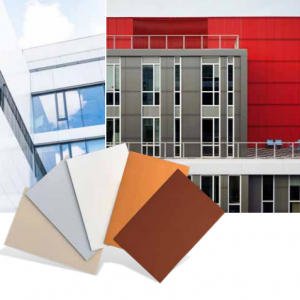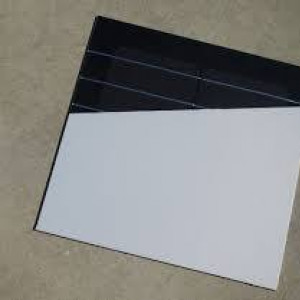| Solaxess SA |



| Registration Date | 17 Jul 2020 |
| Revision Date | 17 Jul 2020 |
| Share |
Renewable Energies Solar Cells
Solar CellTitanium dioxide
TiO2 Nanoparticle /Nanopowder CAS Number : 13463-67-7
A nanotechnological film which is integrated in the PV module during its production by the PV manufacturer in order to render a mirror-like surface white or all other color desired.
This feature is essential to develop active façades in the BIPV (Building Integrated Photovoltaics) field. Thanks to our product, we obtain a full construction element.
Currently, the market lacks of photovoltaic (PV) products specifically designed to be integrated into buildings (BIPV). Most PV modules, built to maximize sunlight absorption, appear blue-black. This appearance, caused by the presence of cells and connections, is visually unaesthetic and complicates the acceptance of Photovoltaic elements by architects and investors.
The research & development of our product is driven by the CSEM in Neuchâtel, a research center and specialized development, particularly in microelectronics, energy management and photovoltaic technology.
Our technology allows to convert infrared solar light into electricity. The selective scattering filter, scatters the whole visible spectrum while transmitting infrared light. Any solar technology based on crystalline silicon can now be used to manufacture white — and colored — modules.
The method consists of a plurality of layers, to highly reflect visible light while transmitting infrared. The scattering of the visible light, necessary to give a white appearance to a mirror-like surface is achieved by growing the filter on a micro-structured surface. The result is a white homogenous surface. Other color approaches are achieved by adapting the combination of the filters.
This technique in use allows to pass the important part of IR rays to the solar cell by filtering the visible part for reflection. All solar cells have a response in the IR part of the spectra. A significant amount of the current (Isc) comes from IR (700-1200nm). Although any PV technology based on crystalline silicon can be used to manufacture white solar modules, heterojunction crystalline silicon solar cells have proven to be the best choice.